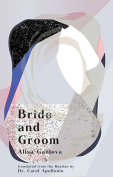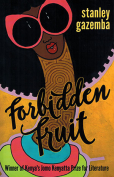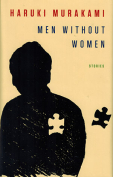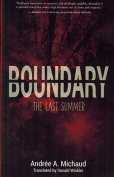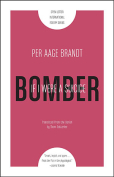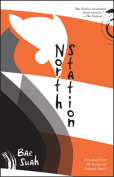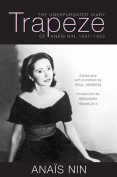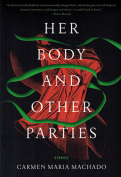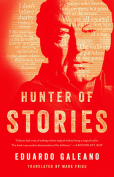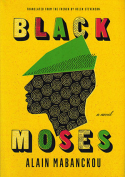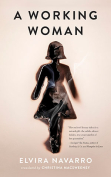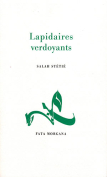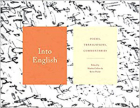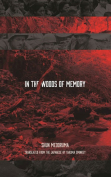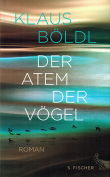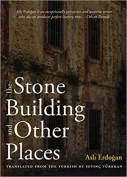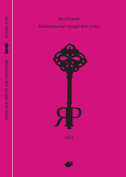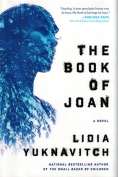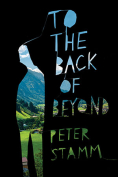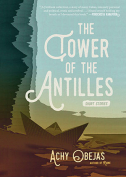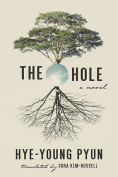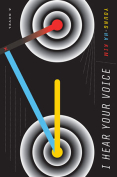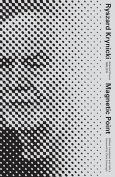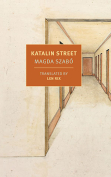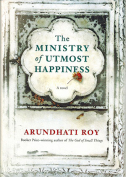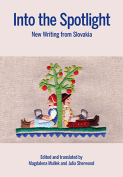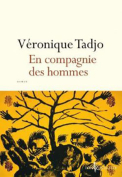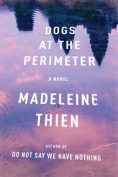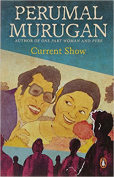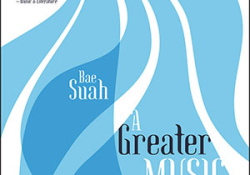North Station by Bae Suah
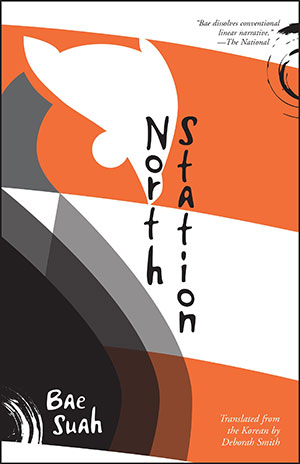 Rochester, New York. Open Letter. 2017. 320 pages.
Rochester, New York. Open Letter. 2017. 320 pages.
Korean author Bae Suah’s latest writing, although a collection of short stories, is equally as experimental, cutting-edge, and captivating as her novels. Each story in this volume, brilliantly translated by Deborah Smith, is laden with her poetic images and philosophical meditations. One theme that she returns to throughout the writing is that of reconnection after a long period of separation, involving both distance and time.
In the title story, “North Station,” a man and a woman stand silently on a train platform in an unnamed city. As they wait for the train to arrive, the gentleman has a strong desire to kiss the woman, but the reason for their awkwardness is hinted at later in the narrative: “Young women of a certain type were both recurring characters in his life and predators who preyed on him, and even now he remembers them well.” As is typical with Bae’s writing, one must pay careful attention to every detail on the page in order not to miss the most interesting parts and striking images of the story.
While they are waiting for the train, his lover’s presence causes a series of memories to invade the narrator’s mind. Bae’s description of her protagonist’s thoughts prompts in the reader a sense of viewing a dream sequence as a series of images flash across the page. During his short time on the train platform, the man recalls a collection of writings by a suicidal, exiled author with whom he greatly identifies; he remembers a woman he met in a different city whose address is the only tangible thing he knows about her anymore; he reflects on the attic room he stayed in during his university days in which he read passionate poetry.
Bae’s greatest strength as a writer lies in her ability to take what at first appear to be disjointed images and scenes and weave them together into one beautiful story. The attic room, the poetry, the woman on the platform he longs to kiss are all connected in her character’s mind with a meditation on time and space: “When was it that he had last kissed a woman so ardently, his lips as passionate as when they pronounced poetry? In that city or this, at the house of his acquaintance or on the platform in the north station, while waiting for the train.”
The entire collection is as riveting and poetic as the title story: an author recalls several visits to her mentor; a young man is reconnected with a former lover while struggling with questions about his sexuality; a playwright experiments with how to portray time on the stage. These stories are a great place to start for those looking to get a taste of Bae’s innovative style. For those already familiar with her previous novels, it is exciting to once again encounter more of the author’s intriguing and thought-provoking prose.
Melissa Beck
Woodstock Academy, Connecticut
